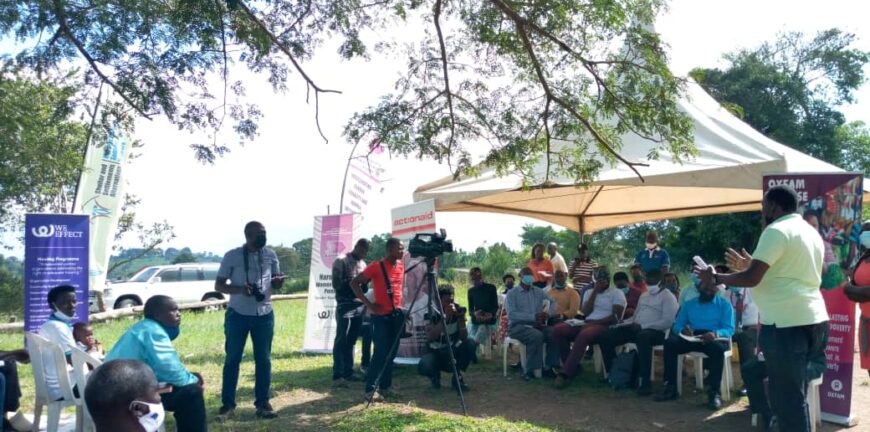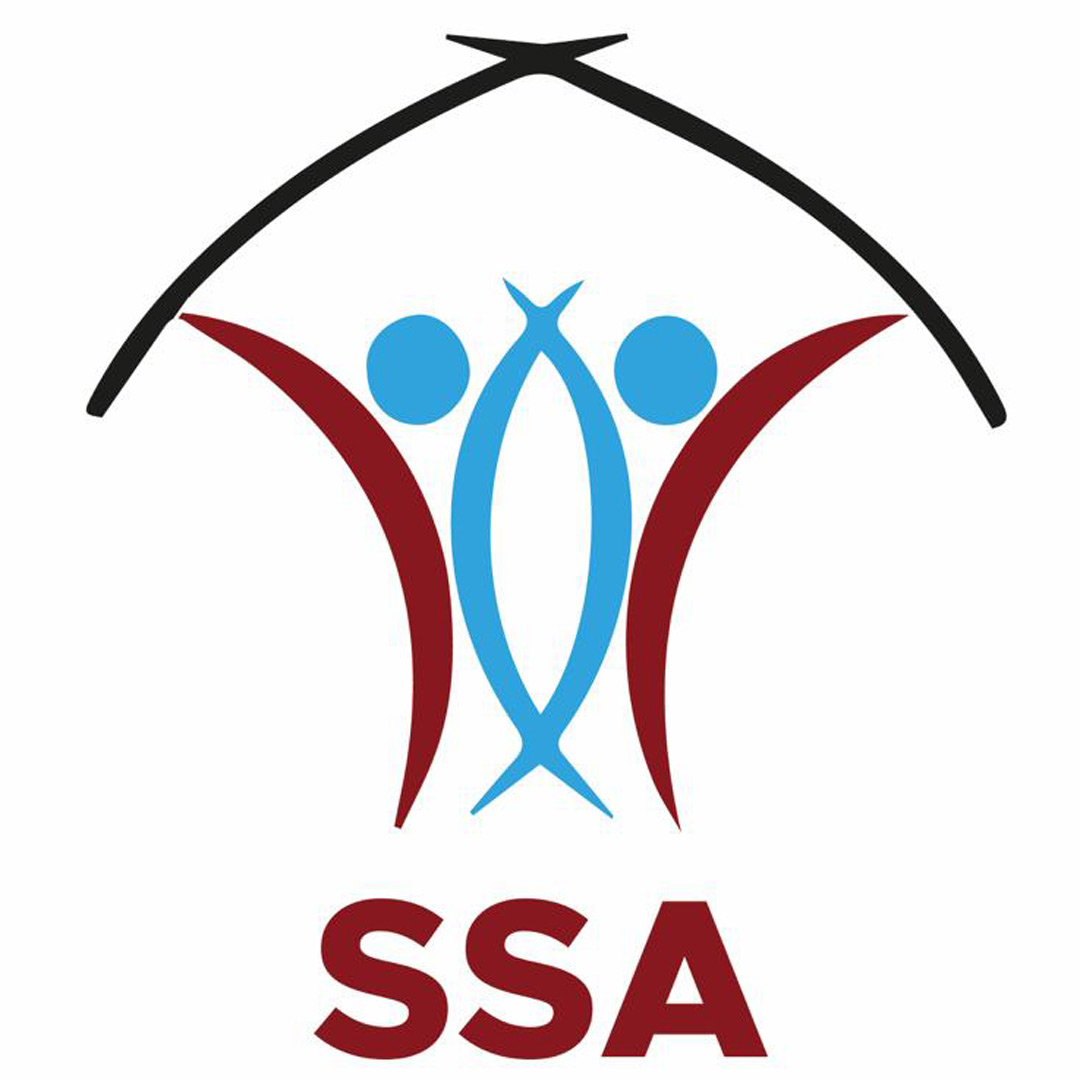
LAND AWARENESS WEEK 2021
Land/property Ownership, Control, Access
and Use in Uganda is administered through both statutory and customary laws as stipulated in the
Articles 237 and Article 26 of the 1995 Ugandan Constitution; and the Registration of Titles Act (RTA)
CAP.230, the Land Act CAP. 227, and the Physical Planning Act 2010. Other frameworks such as
the National Land Policy 2013, the National Land Use Policy 2006, the National Housing Policy 2016,
the National Environment Management Policy 1994, and the Uganda Forestry Policy 2001 to mention
but a few have articulated strategies of achieving effective use, management and administration of
land.
Whereas Article 237 of the Uganda Constitution empowers citizens to own land under the four tenure
systems, majority of the landholding in greater Mubende and indeed the Central region of Uganda is
Mailo tenure which is governed, managed and administered through the Registration of Titles Act
(RTA) CAP. 230 and unwritten customs of the Buganda communities.
With the current composition of the Mailo land tenure at 9.6%1, it is critical to appreciate the historical
foundation and dynamics with which the Mailo land tenure presents.
In Buganda, the members of the royal family, county chiefs and other leaders were granted official or
private estates of land under a form of freehold known as “mailo” under an Agreement made between
the British and the Baganda rulers in 19002. The occupants of these lands, previously engaged in a
semi-feudal customary relationship with the chiefs, became tenants open to expulsion by the
landowner. Throughout the twentieth century, through various legislative twists and turns, the security
of tenants was first strengthened, then weakened, eradicated and finally restored under the 1995
Uganda Constitution, the National Land Policy 2013, and the Land Act CAP.227. However, for the
most part, the owners did not evict their tenants, and the majority of tenants continued to occupy the
land without legal protection.
Aware of the existence and mandates of the state and customary land management and
administration institutions, notwithstanding the various bottlenecks they face, we appreciate the
various efforts of Government, the Buganda Kingdom, and other Institutions of Traditional or Cultural leadership in Uganda towards enhancing realization of effective and participatory land governance,
management and administration.
During this year’s Land Awareness Week, a number of Human rights violations were noted including;
- Unlawful Land evictions, forced Land transactions and eviction threats.
- Massive destruction of property, economic livelihoods and social rights.
- Unethical practices by private land surveyors
- Illegal land transactions by LC1 leaders
- Information gap and Low approved Busuulu rates affecting the landlord/tenant relationship
- The threat of investors who are searching for underground minerals towards the peaceful
settlement of tenants. - A concern about the controversial Kyabego forest,
- A concern about a landlord who is currently doing stone quarrying in the district of
Kasanda and here tenants are threatened with possible displacement. - Access to Justice
we appreciate support from our partners We Effect, Uganda Central Cooperative Financial Services, National Association of Women’s Organizations who enabled us to successfully participate in the Land Awareness Week 2021
